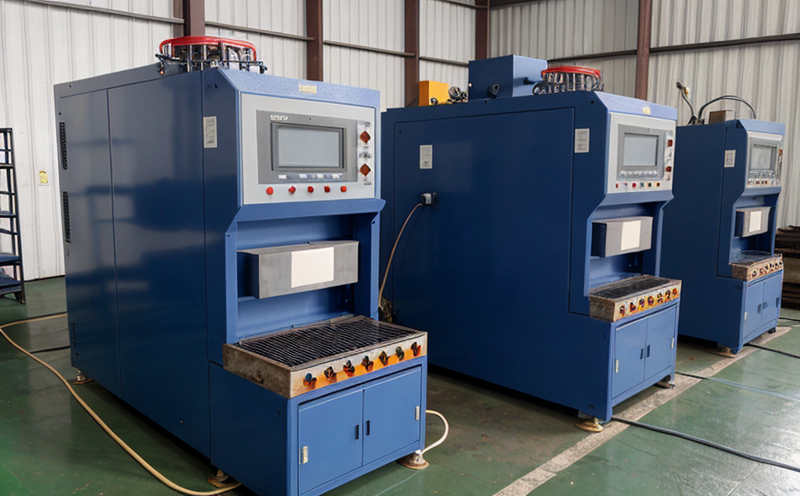DIN 51728 Carbonate Content in Raw Materials Testing
The DIN 51728 standard is a critical tool for ensuring the quality and consistency of raw materials used in industrial manufacturing processes. This test measures the carbonate content within raw materials, which can significantly influence product performance and compliance with industry standards.
Carbonate content is particularly important in sectors such as cement production, glass manufacturing, and ceramic processing. In these industries, even small variations in carbonate content can lead to significant deviations in end-product quality. For instance, in the cement industry, excess carbonate can result in lower compressive strength and increased heat of hydration during the curing process.
The standard provides a standardized approach for quantifying carbonate content using acid digestion followed by titration or gravimetric analysis. This ensures that all laboratories adhere to the same methodology, leading to consistent and reliable results across different facilities and regions.
For quality managers and compliance officers, understanding the importance of this test is crucial. By ensuring that raw materials meet specified carbonate content levels, they can maintain product consistency and avoid costly production issues down the line. R&D engineers benefit from accurate data on carbonate content as it helps them refine formulations to optimize performance.
When selecting a laboratory for DIN 51728 testing, it is essential to choose one with experience in this specific test method. Our team of experts uses state-of-the-art instrumentation and follows rigorous procedures to ensure precise and accurate results.
This service not only meets the requirements of the DIN standard but also helps companies comply with broader industry standards such as ISO 9278, which covers the determination of carbonate content in building materials.
| Sample Type | Expected Time Frame | Turnaround Time |
|---|---|---|
| Limestone Samples | 3-5 days | 48 hours after receipt of sample |
| Dolomite Samples | 3-5 days | 48 hours after receipt of sample |
Applied Standards
The DIN 51728 standard aligns with broader international standards such as ISO 9278, which provides additional guidance on testing carbonate content in building materials. By adhering to these standards, we ensure that our clients meet the highest quality and compliance requirements.
- DIN 51728: Determination of Carbonate Content in Raw Materials
- ISO 9278: Determination of Carbonate Content in Building Materials
Scope and Methodology
The scope of the DIN 51728 test includes determining the carbonate content within raw materials used in industrial manufacturing processes. This is achieved through a series of well-defined steps:
- Sample Preparation: Raw samples are crushed to ensure homogeneity.
- Acid Digestion: Samples are digested with an appropriate acid solution to release carbonates.
- Titration or Gravimetric Analysis: The released CO₂ is either titrated against a standard solution or collected and weighed directly.
The methodology ensures that the results are reproducible and reliable, allowing for accurate assessment of carbonate content. This process is critical in industries where raw material quality can significantly impact final product performance.
International Acceptance and Recognition
- DIN 51728 is widely recognized within Europe, particularly in countries like Germany, Austria, and Switzerland.
- The test method has gained acceptance among international organizations such as the International Organization for Standardization (ISO).
- Many global standards bodies recommend this approach for consistent quality control.
This widespread recognition underscores the importance of adhering to DIN 51728 when conducting carbonate content testing. Compliance with these standards enhances your reputation and ensures that your products meet international quality benchmarks.





